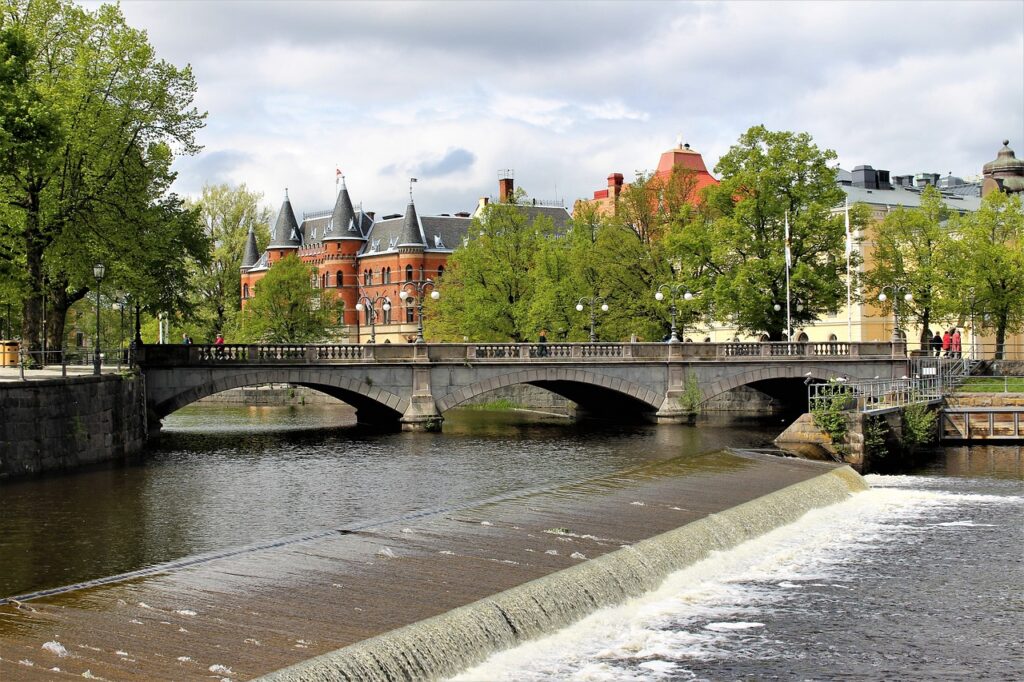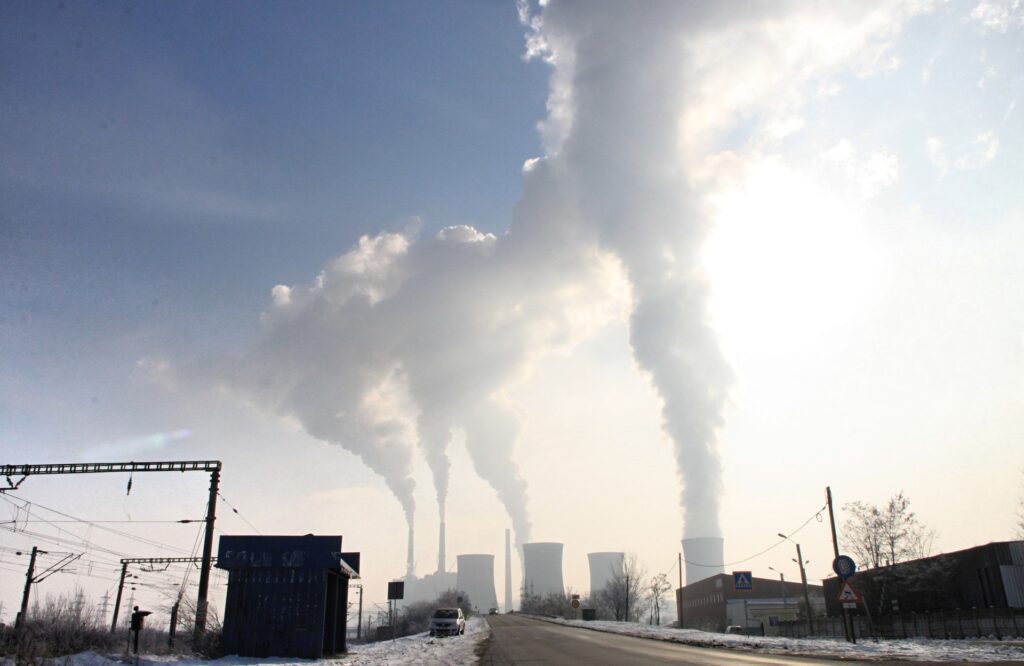- Massachusetts State Representative Adrian Madaro has proposed a bill that would provide funding to cities and towns to plant more trees in public spaces.
- The bill, called “An Act promoting green infrastructure and reducing carbon emissions,” aims to combat climate change by increasing the number of trees in urban areas.
- Trees provide a number of benefits to cities, including reducing the urban heat island effect, improving air quality, and reducing stormwater runoff.
- The bill has received support from various environmental organizations and advocates, who see it as a step towards a greener future for Massachusetts.
- If the bill is passed, it would provide $20 million in funding for tree planting over the next five years, with a goal of planting at least 5,000 trees per year.
By Daily Hampshire Gazette | March 18, 2023
The term “urban forest” may sound like an oxymoron, but it actually might be the key to mitigating climate change. A bill proposed in the state Senate aims to create a program that would increase tree canopy cover in cities to combat excessive heat in urban environments and bring nature back to built environments.
An Act Establishing the Municipal Reforestation Program would allocate funding to cities and towns for the exclusive purpose of planting more native trees in neighborhoods in an attempt to limit carbon dioxide emissions, improve public health and strengthen biodiversity. First priority would be given to municipalities that have a tree canopy cover of 20% or less, meaning only 20% of the municipality viewed from above is covered by vegetation.
The bill was originally filed last session and did not emerge from the Senate Ways and Means Committee, but Sen. Cynthia Creem, D-Newton, said she believes its time is now.
“Last summer, we had record heat waves with temperatures over 100 degrees,” Creem said. “In environmental justice communities where there aren’t as many trees, and not everyone has air conditioning, and people can’t breathe well, this would be an important thing to do.”
David Meshoulam, the executive director of Speak for the Trees, a Boston environmental advocacy group with a focus on planting trees, explained how climate change in Massachusetts disproportionately affects people living in particular urban environments.
“A heat island is an area that is hotter than its surrounding areas due to two main factors: lack of tree canopy coverage or vegetation, and increased built environments that absorb heat, like asphalt,” Meshoulam said.
Read more from Daily Hampshire Gazette.



